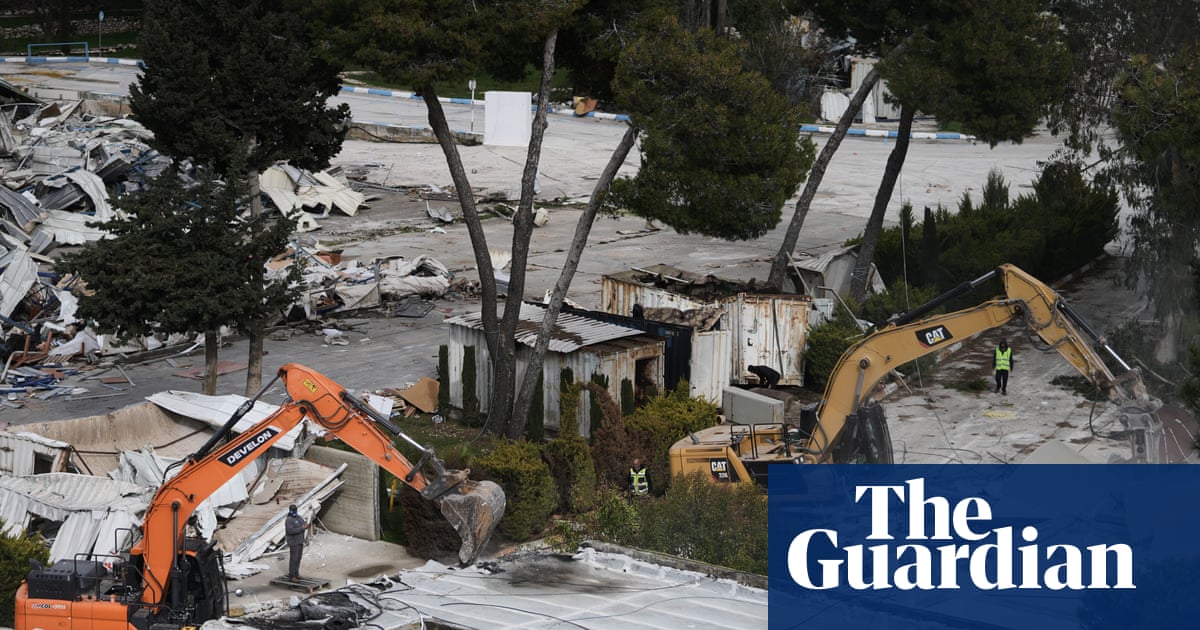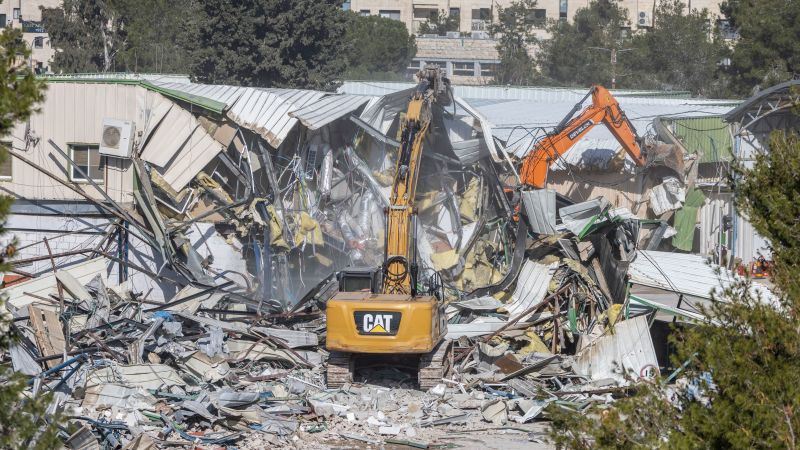Continue Reading


Israeli crews have started bulldozing the Jerusalem headquarters of the UN agency for Palestinian refugees in Jerusalem and fired teargas at a UN vocational school in Qalandia, in the West Bank.
Israel accuses the United Nations Relief and Works…

President Trump fired off a flurry of social media posts overnight, sharing private text messages with world leaders, mocking America’s European allies and reaffirming his insistence that the United States must seize control of Greenland, the…

Israel began demolishing the UNRWA headquarters in East Jerusalem Tuesday, following passage of a law that banned the activities of the United Nations agency for Palestinian refugees.
…

Israel began demolishing the UNRWA headquarters in East Jerusalem Tuesday, following passage of a law that banned the activities of the United Nations agency for Palestinian refugees.
…


(Bloomberg) — Stocks, bonds and the dollar fell after President Donald Trump threatened tariffs on various European…

The dollar and Wall Street stocks fell on Tuesday after Donald Trump said there was “no going back” on his campaign to take control of Greenland even as he offered talks over the issue that has put the US and its European allies at…